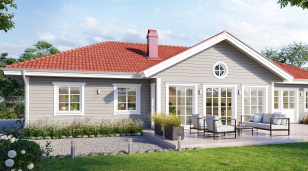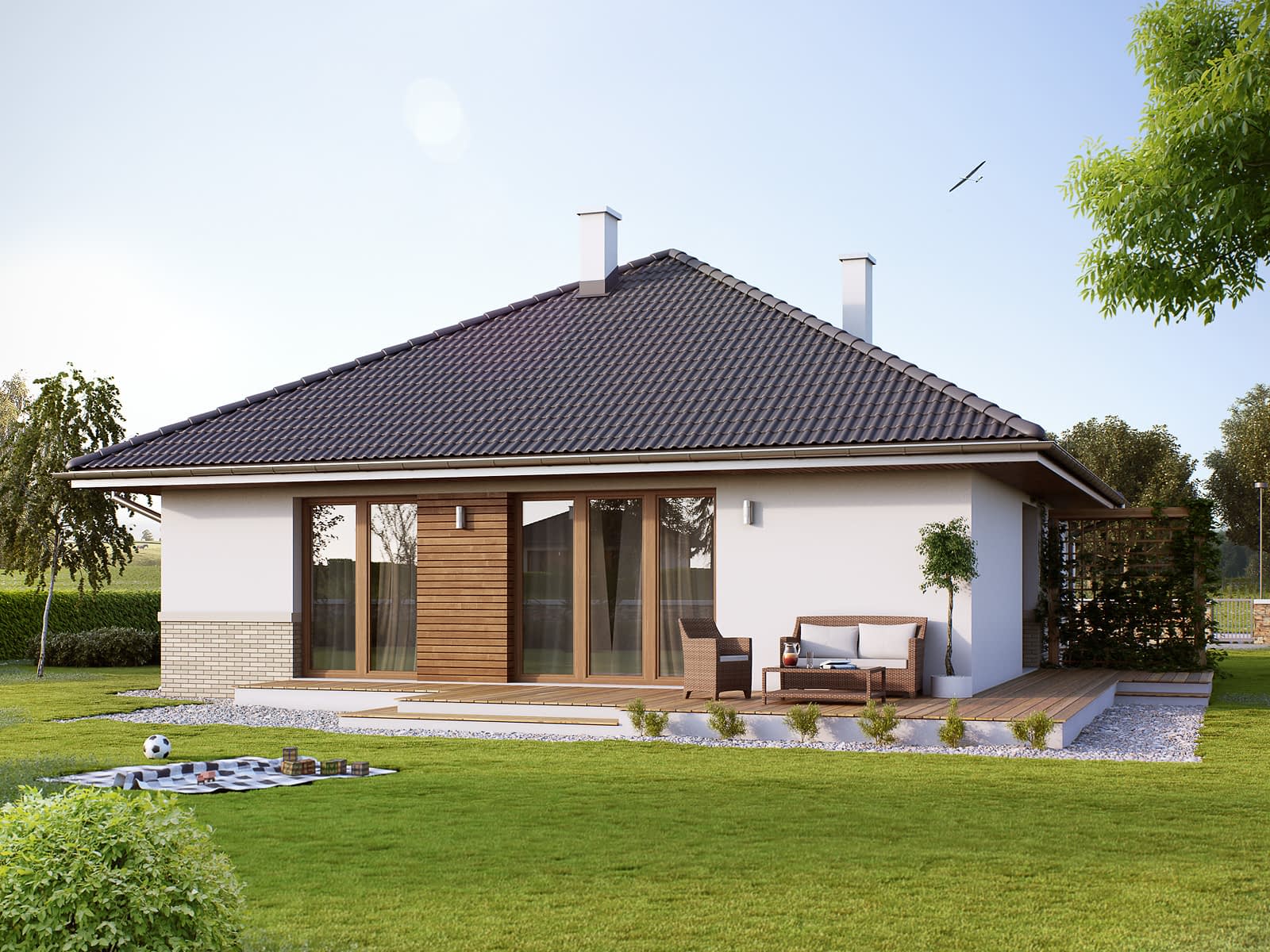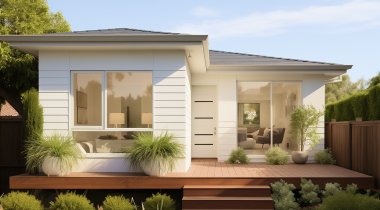





A link to download your FREE brochure will be in your inbox in 3 minutes



















The final price may vary based on project specifics.
To get a free accurate quote tailored to your needs, book a consultation with us today!

The price per square foot provided is an average and may vary depending on project-specific details such as materials, location, complexity, and other factors. Actual costs may differ from the average provided.
It is recommended to obtain a detailed quote based on the specific requirements of your project.

Please note that the monthly payment displayed on this page is an estimate and is subject to variation based on the selected loan product, applicants credit score, loan amount, and other financial details. Actual monthly payment may differ from the estimate provided.
It is recommended to seek advice from a financial advisor or loan officer to obtain precise payment information tailored to individual circumstances.
 Your Trusted
Local Contractor
Your Trusted
Local Contractor
 Amidst the ongoing housing crisis, finding a place to live may not only be difficult but also extremely expensive. Rarely can a family or a single person afford their own flat right after graduating from the university. For example, some cannot do that even after years of tiresome work. However, in recent years, there has been a huge increase in the number of built dwelling units, apart from regular houses, which provide the much-needed roof over the head. Construction companies build them in different forms, shapes, and sizes, but to make it clear to customers, a new term emerged — ADU.
Amidst the ongoing housing crisis, finding a place to live may not only be difficult but also extremely expensive. Rarely can a family or a single person afford their own flat right after graduating from the university. For example, some cannot do that even after years of tiresome work. However, in recent years, there has been a huge increase in the number of built dwelling units, apart from regular houses, which provide the much-needed roof over the head. Construction companies build them in different forms, shapes, and sizes, but to make it clear to customers, a new term emerged — ADU.
The Accessory dwelling unit or ADU represents a structure located on the lot with an existing house and placed in the vicinity. It can be completely separated from the main building or exist in the form of attached structures; there are some variations to it. However, the main idea is that such buildings are perfect for people who do not have enough money to buy a house but still need living space.
However, nobody and nothing is protected from unexpected situations like an oncoming natural disaster or any other property damage. For sure, no landlord wants to flush the money down the drain and rebuild the home after such a tragedy happens. Here, we would like to tell you about certain ways you can protect the living quarters from possible property damage or, in other words, a homeowners insurance policy.
As you may have already figured out, dwelling coverage represents a vital element of any home insurance policy because it provides not physical but financial protection against losses to your home’s structure. For example, it can cover the expenses you may have if the property was damaged in any way or completely destroyed because of vandalism, theft, or natural disasters. For sure, there is no perfect remedy to the issue of destroyed property, and you have to choose the dwelling coverage accordingly, paying attention to what dwelling insurance covers.
Dwelling coverage exists in different forms, such as:
All in all, homeowners insurance policy depends on the insurance company, and every landlord picks their own program. Nevertheless, the provided coverage shall depend on a number of factors: size, age, and construction materials of the living quarters. Moreover, if the home is located in a region with higher natural disaster risk or a huge crime rate, there will be less insurance money provided.
In any circumstances, you must have enough dwelling coverage to reimburse the cost of completely rebuilding your home from the ground up. Therefore, there are certain factors that all homeowners should take into consideration when choosing the insurance coverage limit.
To make dwelling coverage fit for your needs, you should meticulously assess how much coverage should be provided and the money you would like to get in return in case of any damage.
Such factors should include:
There are many other factors to pay attention to; for example, it’s necessary to include coverage of other structures in the program, such as your garage or an ADU. Such protection may be included in the form of additional coverage paragraphs or included in the main document with total coverage.

Normally, personal property coverage includes the return of money for destroyed or damaged ADUs. However, you should always discuss it with the insurance agent and, perhaps, create additional living expenses coverage. But which units are better for returning the money in case of a covered event?
Such units represent, as it comes from the name, new structures located right next to your main house, even attached to it. Normally, they have a connecting wall and a door that can be used to move from one part of the building to another. It is perfect for taking care of the elderly, whom you may want to have nearby, as you can easily visit them using the connecting door. Or you can provide this free space to your growing children so they can start their own family there. Overall, despite the wide range of use, attached structures do not require that much investment, and therefore, you will not receive huge compensation from the insurance commissioners.
Here, you can expect the coverage to be greater because the amount of money needed to be spent for detached units exceeds our previous example. Detached units are located not next to the main building but require some space between them to be qualified as detached. Here, you can build it in any style you want and use a completely different approach to the construction, which allows your ingenuine mind to shine. Therefore, the dwelling coverage limit is different, too, and you should mention it when discussing a condo insurance policy. We see detached structures as perfect units to fit dwellers who want to rent an apartment. By building a detached ADU, you will not interfere with their life there, and they will not meddle with the life of your family.
Garage conversion is always a two-fold sword. On the one hand, you receive a fully compatible living space where any sort of activity is possible, including the creation of your home office, a place to practice hobbies, or even the opportunity to turn this detached garage into a rental apartment. On the other hand, you have no garage afterward. However, in case of a widespread disaster, your dwelling coverage limit should be enough to cover damage to this unit as well as the main building, which cannot be left unaffected. Therefore, homeowners will get money from the insurer for both and enough coverage to repair the construction easily.
Dwelling extension coverage should also be enough to allow you to recreate any junior ADU you may build on the lot. The dwelling limit allows you to have a smaller ADU next to the main apartment. You can use it for all sorts of activities, as long as the size allows. However, expect that the money from the home insurance will not be a lot, too, as the policy limits it. To get more coverage, you can use more expensive materials or install better appliances inside. This will guarantee extended replacement cost coverage from the insurance company, and you will get enough dwelling coverage to recreate the unit from scratch.
Normally, dwelling coverage provides protection from a number of different events that can happen to your property. Yes, there may be dwelling coverage policy limits, but most of the damage will be compensated.
One big group of events that can cause damage to your living space is natural disasters. For example, volcanic eruption, earth movement, and subsequent earthquakes. Tornadoes and wildfires can ravage the neighborhood and leave nothing behind them. Therefore, the extended dwelling coverage helps protect homeowners from these devastating events. Insurers offer special terms in case of natural disaster, but sometimes the insurance may be lowered because of the house’s location in a dangerous area. Flood insurance should be discussed separately as it should include property protection from natural disasters only, not from water running from your tap.
Another group includes home insurance for any sort of falling object, including trees, branches, and so on. Yes, these may happen during a natural disaster, too, but a separate policy is applied. Consider discussing extended dwelling coverage in case of such events, and be careful with what is written in the official documents.
The insurance policy also includes theft and vandalism. In case any of these happen, there will be damage from the loss of stolen goods, as well as property damage because of forced entry. Homeowners’ policy should include a certain percentage dedicated to these losses.
Sadly, there is no pet insurance and, therefore, no protection from dog bites, but you can discuss it with the home insurance company, and perhaps they will be able to provide insurance coverage in this special case.
When picking an insurer, it is essential to pay attention to numerous small features of the insurance policy of a certain company. In the world of the abundant number of agents looking for ways to strip you of money, the liable company is worth gold. You can always take advantage of services that compare insurance carriers, but should also understand what to look for when picking the agent. We advise you to consider financial stability first, which will include a strong financial rating and a positive reputation. What is more, it is important to pick a carrier that has a quick response to the claims, as the faster you get your money, the better.
Next, pay attention to the terms and conditions of the homeowner’s insurance policy. Count beforehand how much dwelling coverage you actually need to rebuild your home, buy built-in appliances, and the replacement cost coverage limit. There are always limitations to home insurance on the cost of rebuilding your home, so pick the company with the right dwelling coverage limit. In some cases, the new cost exceeds the past one, so it should also be mentioned on the condo insurance policy.
So, picking the right homeowner’s insurance policy is a crucial step toward a protected future. Understand that the dwelling coverage limit exists and that not all circumstances allow you to get compensation. Pick the home insurance policy with just enough coverage and enough protection to repair anything that might be damaged and ensure that every square foot falls under the replacement cost coverage.
The cost to rebuild your home may be quite significant, so first and foremost, you need to contact the insurance company right after the loss. You have to provide the details and take photos of the damaged property so they can count the repair cost. Homeowners insurance also includes your measures to protect the property from further damage. Next, you have to fill out the claim to rebuild your home with the necessary documentation. If the claim is approved, the insurance company issues a payment to cover the cost of repairs.
Both dwelling coverage and extended dwelling coverage are amazing opportunities to provide homeowners insurance, but even extended replacement costs or costs to rebuild will not be needed if you protect the property beforehand. Homeowners’ policies concerning their property should include a number of preventive measures and disaster preparedness, such as home maintenance or security systems. Homeowners’ insurance will not always cover the cost of rebuilding the dwelling, so preparedness is the best way.
Endorsements represent additional provisions that can be added to the home insurance policy to customize the conditions of the insurance. For example, if you own a dog, pet insurance may be great to cover the damage the animal can cause. The condo policy limit may also have not enough coverage for situations when the cost exceeds the actual sum in the terms, so homeowners could additionally discuss this element with the insurer.
Get a First Look at Real ADU Projects